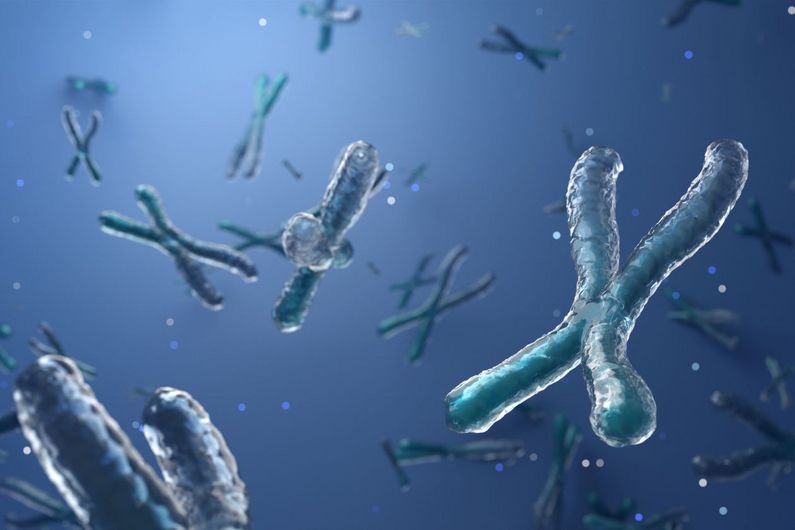Keys to the genome: unlocking the package
- Salle de presse
04/10/2024
- UdeMNouvelles
Scientists at the Montreal Clinical Research Institute have discovered the molecular mechanisms responsible for opening up the human genome and expressing new genes.
Done in the laboratory of Jacques Drouin, director of the IRCM’s Molecular Genetics Research Unit, the find marks an important step towards understanding the mechanisms underlying the genome.
It was achieved by so-called ‘pioneer transcription factors’ that open the chromatin packaging of the genome to allow expression of previously inaccessible genes.
The discovery was published in January in Nature Structural & Molecular Biology.
Chromatin opening is a fundamental epigenetic regulatory process involving multiple steps. As complex organisms develop, the action of pioneer factors is essential for establishing new cell ‘fates’
"Pioneer factors are the master regulators of the genome and epigenome: any disruption of their action has major consequences," said Drouin, a biochemistry professor at the IRCM-affiliated Université de Montréal.
Treatments for diabetes and Parkinson’s
Understanding the mechanism of action of pioneer factors is important because these are essential for reprogramming cell identity for therapeutic purposes, such as cellular treatments of diabetes or Parkinson's disease.
In addition, many cancers are caused by disruption of pioneer action: their mechanism of action is therefore a target for new therapeutic approaches, as well.
Controlled gene expression is essential for the development of complex organisms: it implements the plan encoded in our genome. When mutations or epigenetic perturbations ‘deregulate’ it, the result can be multipler congenital malformations, more-or-less severe ‘deficits’, cancer.
The IRCM’s molecular genetics research unit studies all of these mechanisms, from their basic principles to their application in human health.
Funded by the Canadian Institutes of Health Research and Calcul Québec (Digital Research Alliance of Canada), Drouin and his team have made important contributions in recent years to better understanding the mechanism of action of pioneering factors that remodel the epigenome for ‘cell fate specification.’
Their discoveries include new regulators of gene expression such as the Pitx subfamily, which controls development of the pituitary gland and craniofacial structures (Pitx1), the identity of legs compared to arms (Pitx1), left-right asymmetry (Pitx2), muscle development (Pitx2 and Pitx3) and the survival of dopaminergic neurons that degenerate in Parkinson's (Pitx3).
About this study
Pioneer factor Pax7 initiates two-step cell-cycle dependent chromatin opening, by Jacques Drouin et al, was published Jan. 4, 2024 in Nature Structural & Molecular Biology.
Media contact
-
Florence Meney
IRCM
Tel: 514-987-5500, poste 5535 -
Jeff Heinrich
Université de Montréal
Tel: 514 343-7593














